Book Review: The Mars Room by Rachel Kushner
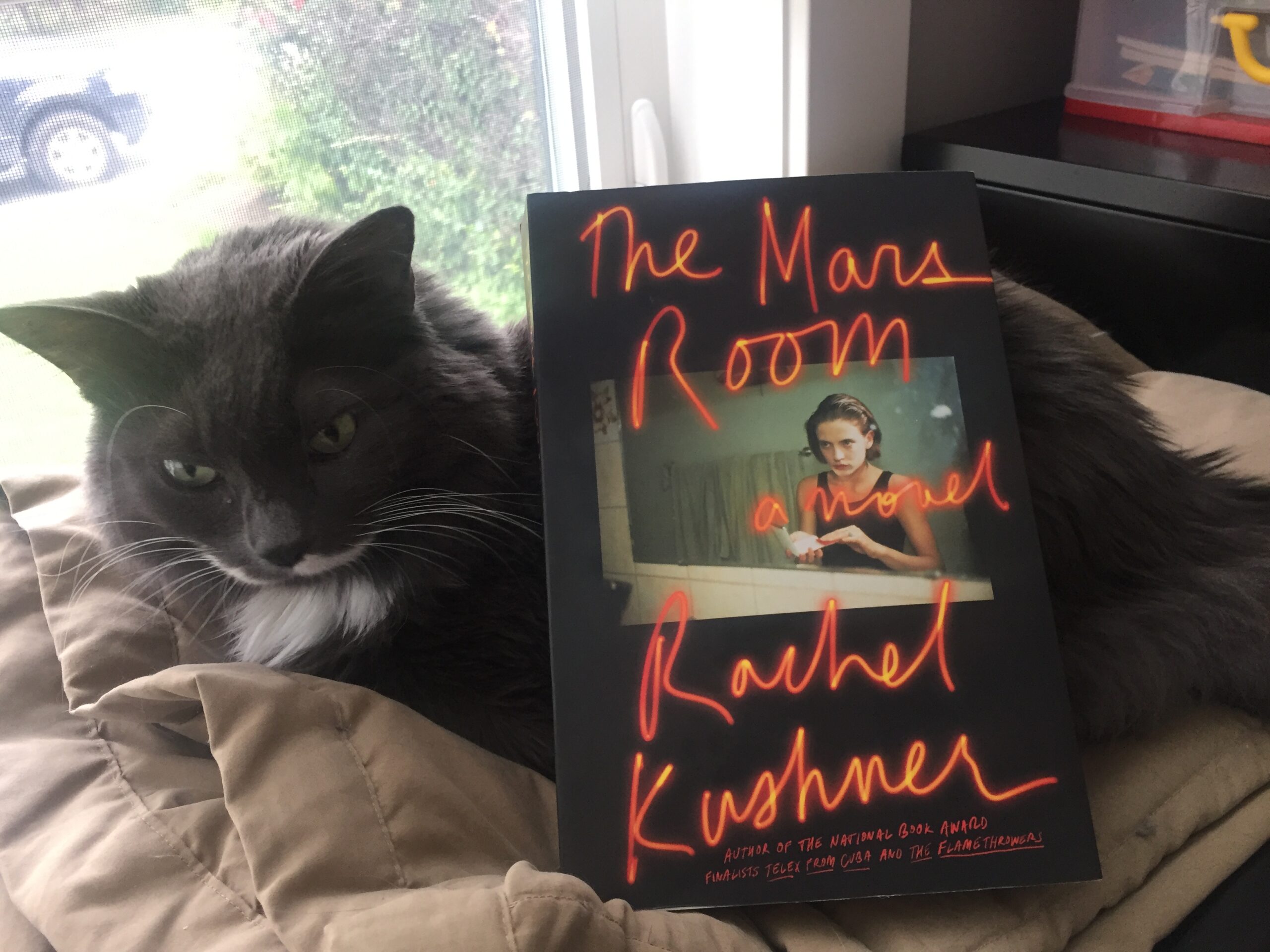
I’ll freely admit that all the knowledge perceptions I have about jail come from Netflix’s Orange is the New Black. I also watched a documentary once about solitary confinement, which also happened to be on Netflix. Anyway, my point is that I know barely anything about the penal system here and in the US, other than the fact that Canada doesn’t have the death penalty, and America does. Before I picked up Rachel Kushner’s The Mars Room, I had listened to an interview with Kushner on the CBC so I knew the novel is about a woman who goes to jail, and some of the other people she is incarcerated with. I’m ashamed to admit that fact alone piqued my interest, because I haven’t read a lot of fiction about this sort of thing before, and I’m a rubbernecker that’s morbidly fascinated with this darker part of our society.
The story begins with a largely depressing scene; Romy Hall, former stripper now convict is chained on a prison bus with a bunch of other women, transferring to another location. It’s the middle of the night and there is crying, low mutters of profanity, occasional screaming, and a young woman on the verge of going into labour. We learn that Romy is serving a life sentence for murder, although apparently she killed the man who was stalking her, which was a fact not allowed into evidence during her trial. Romy is the main character, although we meet a few other women serving alongside her, as well as a young man who teaches at Romy’s prison.

There’s a surprising turn of events toward the end of the book which I didn’t see coming, but thoroughly believed and enjoyed reading about so there’s that to look forward to. And one of my favourite parts of Orange is the New Black is the fact that we learn the backstories of the prisoners, which is what Kushner does here as well. It’s obvious in the writing that Kushner believes the penal system is broken-not only does it do more harm than good, the problems with it begin before the crime is even committed. Many of the characters are abused and neglected as children, which is incredibly difficult to read about as a parent, especially because you know it’s so prevalent. As I have said many times before on this blog, I will once again desperately shout into oblivion: Won’t Someone Think of the Children???
The backstories of the characters are the most interesting, but it’s painful to learn how Romy ended up in prison because her situation seems so unfair, in fact I felt that way about most of the women. What’s even worse is reading about how prison tends to make people’s lives worse, trapping them in a cycle of poverty and violence they’re unlikely to escape from.
So, lots of depressing downers in this book but I still liked reading it, so it comes highly recommended from me! And a fun little bonus is that because a lot of the action takes place in a prison, we learn all these little tricks the inmates use to pass the time, smuggle things in, etc. These little nuggets alone are a great reason to read this book-you never know if you’ll need this information in your future (hopefully not, but still).

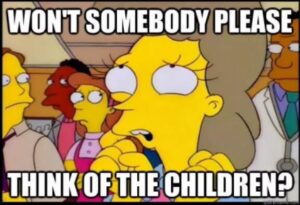
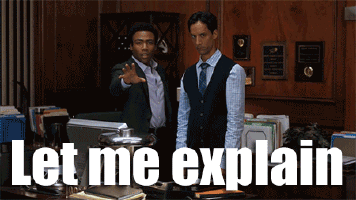
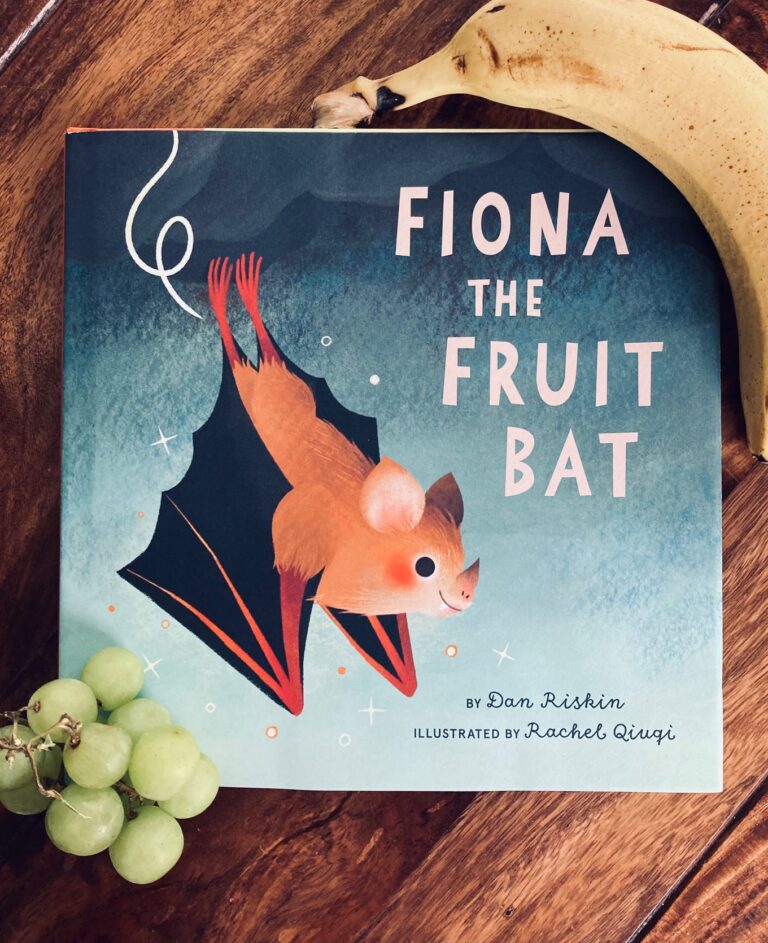
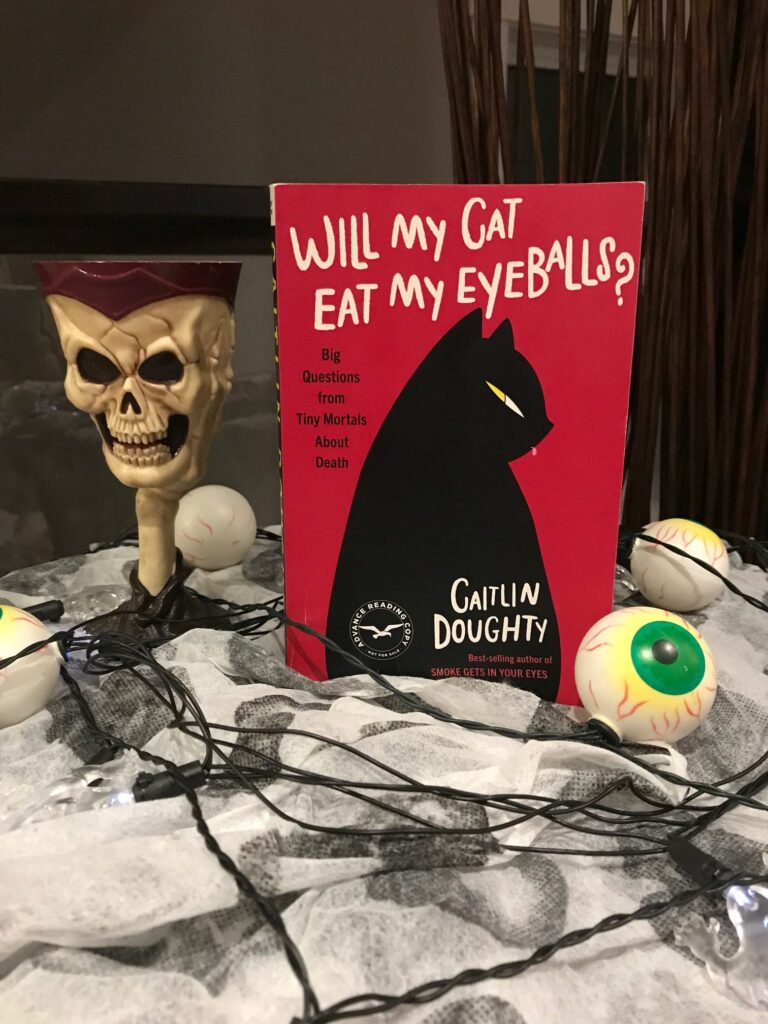
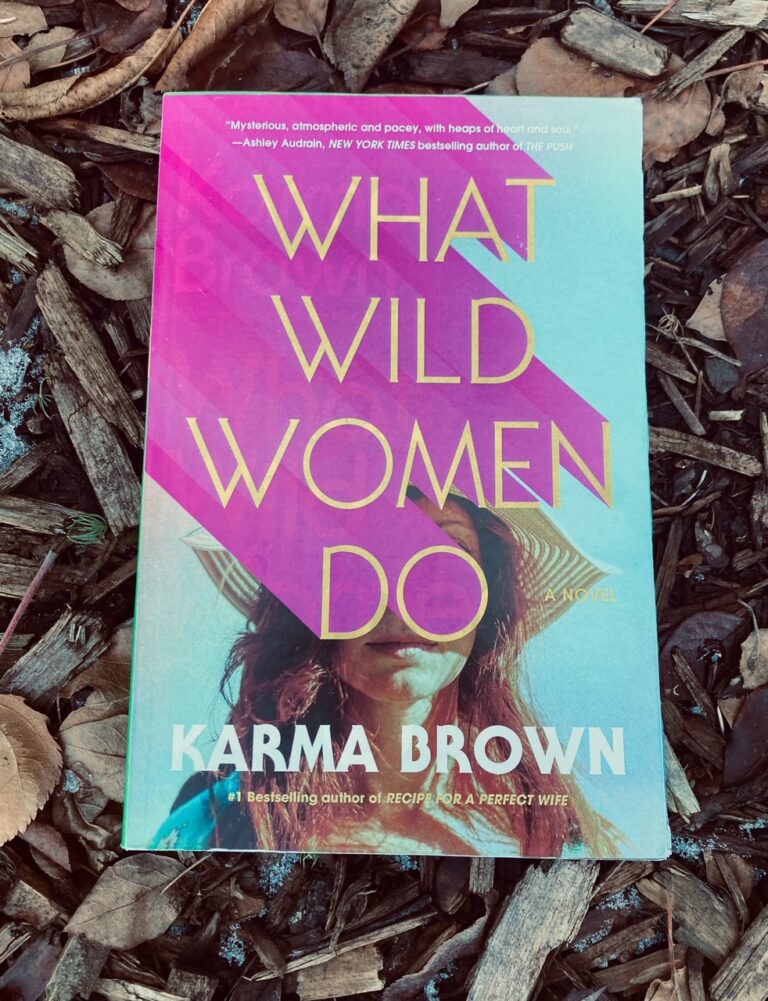
I too know nothing about the penal system, which might be why this appeals to me!
I think you’d really like it Cathy, its thought-provoking to say the least!
Nice review. I like your thoughts. I tried to snag this book as an ARC but alas didn’t.
Yes, this is sure to be a bestseller with all the attention it’s getting!
Yes, indeed, the children! Sounds interesting. I know a little about prison over here because I used to work with boys with behavioural problems, many of whom had fathers, usually, but occasionally mothers, who were in and out of jail. It’s a necessary thing for people who are too violent or otherwise evil to be allowed out in society, but I never felt it served much purpose for people who committed petty crimes or one-off crimes. With the boys, we all knew if they went to jail once, they’d probably spend the rest of their lives going in and out…
god that must have been a depressing task, but now I understand where your empathy comes from, having been exposed to all of that. It’s something that people don’t like to think about, but it’s a necessary evil in some cases, as you mentioned.
One thing I feel isn’t explained well in movies and TV shows with prisoners is what trafficking is. The dictionary definition is to deal or trade something illegal. However, it’s bigger than that in a prison. If I were to give one of my inmate-students a piece of gum, that’s considered trafficking. You can’t share annnnnnything. Basically, it’s a way to trap and manipulate non-prisoners. Say I give someone gum. Then I share a candy bar. Two simple items. Then, that person can threaten to tattle on me if I don’t give them more of what they want, which may be larger, more serious items. It turns into a sort of blackmail.
Jesus I had no idea! We never think about that, how prisoners can potentially manipulate people on the outside, but that’s dealt with a bit in this novel as well
Oh, yah. It’s super serious. It starts SMALL.
This one is on my TBR but in a vague, general, someday way: I admire what she did with The Flamethrowers but it wasn’t quite the novel I was hoping it would be (a little more experimental, I suppose?) although this theme does sound interesting. Your description of it makes me think of Margaret Atwood’s fascination with imprisonment too (like The Heart Goes Last). And, as we often end up talking about TV when we start talking about books, have you watched “Wentworth”? I feel like it does even more of the “backstory thing”, although I haven’t watched more than the first season yet.
No, I haven’t watched that one, but I’ve such good things about it!